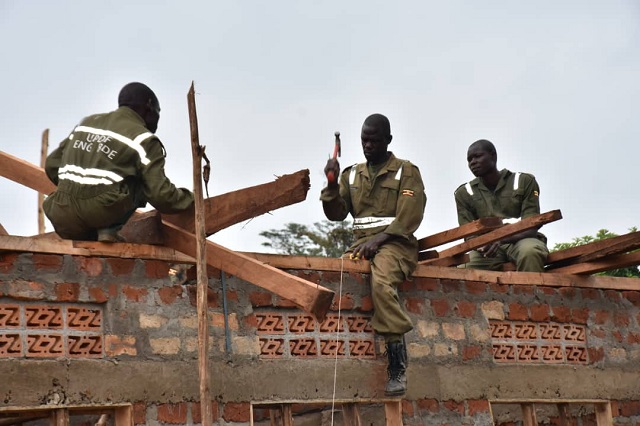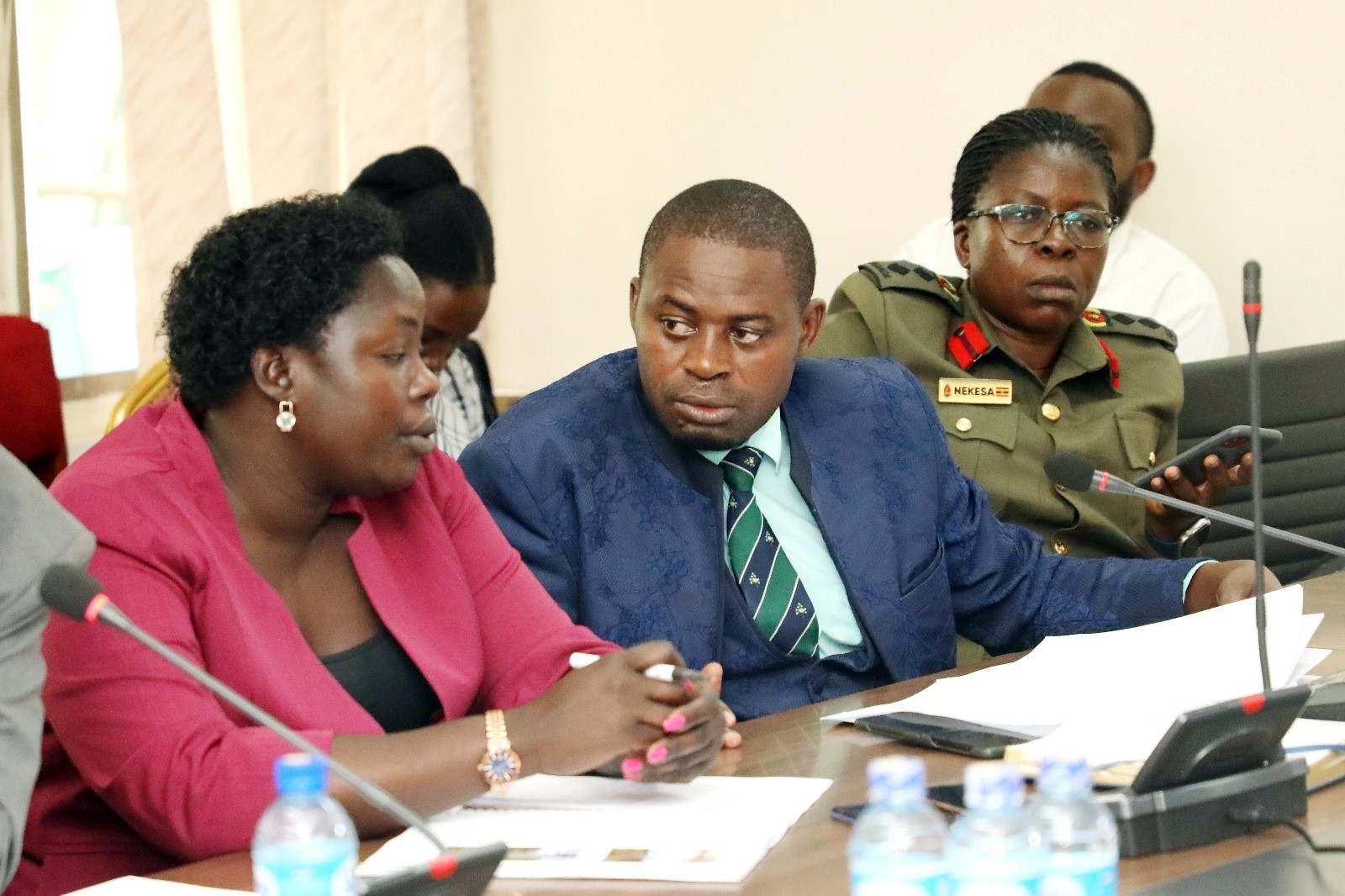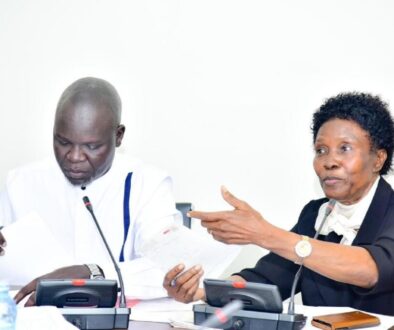MPs doubt on UPDF engineering brigade

CAPTION: Members of the Uganda Peoples’ Defence Forces’ (UPDF) Engineers Brigade are on site in Kampala. (File photo).
KAMPALA – Members of Parliament (MPs) have raised concern over the capacity of the Uganda Peoples’ Defence Forces’ (UPDF) Engineers Brigade to accomplish multiple projects across different sectors, citing issues of efficiency, project timelines, and budget allocations.
During an interaction between the Committee on Health and the engineering brigade team led by the Minister of State for Defence (Veteran Affairs), Hon. Huda Oleru, on Thursday, 13 February 2025, legislators raised concern over the progress of works being executed by the brigade.
Dr Joseph Ruyonga, the committee chairperson, expressed concern over stakeholder involvement and project oversight.
“When we conduct field visits, we find that local government officials and departmental heads are often unaware of the construction projects. There is minimal engagement with stakeholders, which leads to issues like low-carbon-value construction and inefficient planning,” he noted.
The chairperson also questioned the ministry’s supervision of UPDF projects and the lack of a clear master plan.
“How do we ensure projects align with long-term infrastructure planning? We need standard designs for facilities like maternity wards, rather than ad hoc construction based on available funds,” he said.
Hon. Benard Sekyanzi (NRM, Budyebo County, Nakasongola) expressed dissatisfaction with the implementation of some projects.
“In this report, it is indicated that work is ongoing at Nabiswela Health Centre IV. However, on the ground, there is nothing. Yet, the funds have already been disbursed. This raises serious accountability concerns,” he said.
Col. Victoria Nekesa, the UPDF representative in Parliament, commended the engineers’ brigade for addressing infrastructural gaps, particularly in the health sector.
“Before the UPDF came on board, there were significant gaps in construction projects. They have since stepped in to fill these gaps, and the work done is commendable,” she said.
However, she noted that misconceptions about fund allocation needed to be corrected. “The narrative today should change. It is not just about funds being available upfront; the work has been done efficiently despite financial constraints.”

Minister Oleru dismissed claims that the UPDF was overwhelmed by project demands. “We have the capacity to handle even more than 1,000 projects if given the necessary funds. The Engineers’ Brigade operates within the allocated budget and delivers quality work on time,” she stated.
She further defended the use of UPDF engineers, citing cost efficiency and quality assurance. “If a private contractor costs a project at Shs250 million, UPDF can complete it at Shs 100 million with the same or better quality. We are delivering value for money and saving taxpayers billions in consultancy fees.”
Despite the assurances, MPs remained divided on the effectiveness of UPDF engineers in executing large-scale projects, with some calling for greater oversight and improved coordination between ministries and local governments to ensure transparency and efficiency in public infrastructure development.
Hon. Kenny Auma (UPC, Kwania District Woman Representative) commended the UPDF engineers for their commitment to projects, particularly in her district.
“I have witnessed the work they are doing, and I must say they are friendly and interactive with the community, which is a shift from the past when people feared military personnel. The theatre they are constructing in my district is progressing well.
However, we need to ensure value for money in all projects. Some projects appear exaggerated in cost, such as the remodelling of the GHO office at Shs80 million. We need clear justification for these expenditures,” she said.


